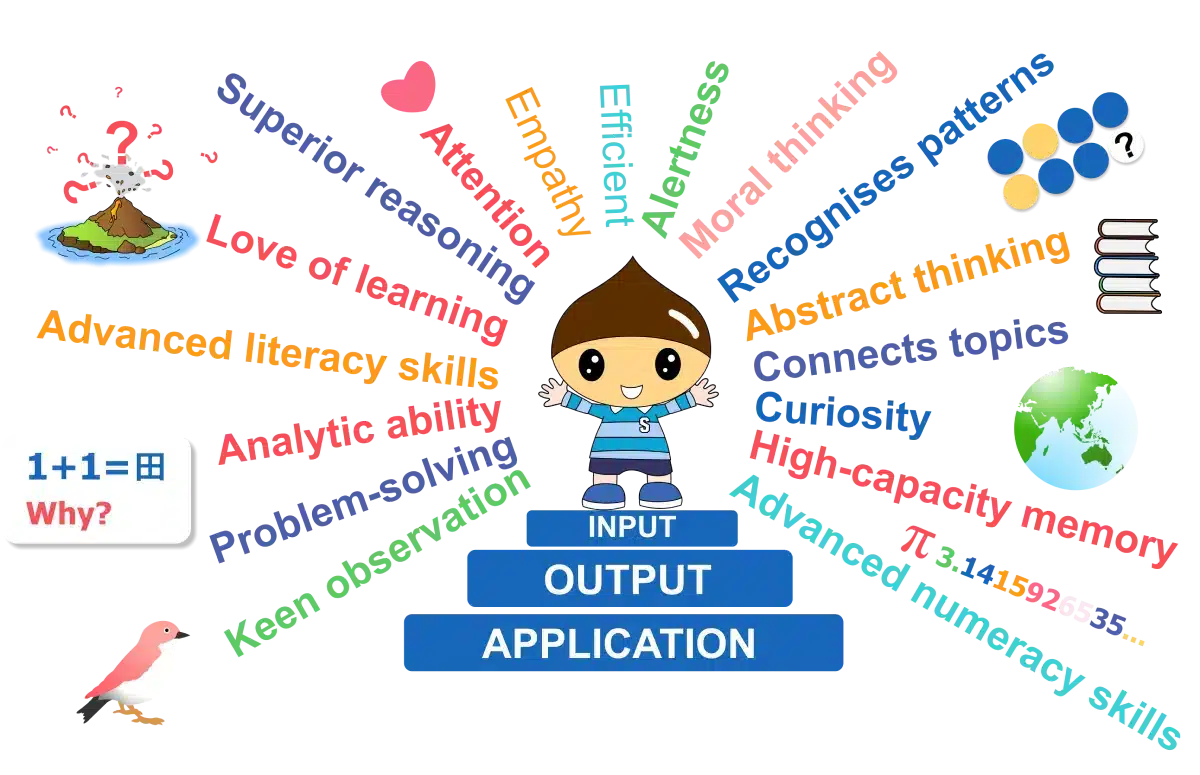
Good memory skills are invaluable and memory strategy instruction has a very important yet unrealized place in school.
Memory and attention towards academic learning is stronger in the formative years. This is due to the rapid growth of the prefrontal cortex from ages 0-3. The prefrontal cortex is substantially responsible for the development of basic cognitive functions such as working memory and critical thinking.
Early brain development
At approximately 29 months, young children begin to demonstrate increases in their ability to sustain focused attention. They will also be more able to use working memory to solve problems. During the preschool years, brain growth occurs at an unparalleled rate resulting in numerous structural changes. These changes chart a developmental course for the capacity to store and manipulate information, pay attention and exercise cognitive control.
Success in school requires many skills. The importance of both attention and memory skills for academic success is supported by both theory and research. Many theorists have indicated that both short-term and working memory are required for the complex cognitive operations involved in learning school subjects like mathematics and reading.
Working memory is one cognitive mechanism that underpins children’s learning. Research has shown that performance on working memory measures is highly predictive of several scholastic skills during childhood. Cognitive processes such as memory development have extensive growth during the early years.
It has also been studied that working memory at the start of formal education is a more powerful predictor of subsequent academic success than IQ. This point has important implications for education, specifically with early intervention.
What is cognition?
Cognition is the process of acquiring knowledge through our thoughts, experiences and senses. Learning involves acquiring knowledge through experience, study and being taught. We need both to acquire the cognitive skills we need for life. We need our brain to think, read, learn, remember, reason and pay attention.
Shichida at Home enhances the working memory of the children through image play, eidetic memory games and various memory mnemonic techniques.

Some examples:
- Rafael on Little Big Shots showing off his amazing memory of the Periodic Table of Elements
- Julia learnt a new piano piece every week for a year on This Time Next Year
- See Ayaan compete against the hosts of The Today Show in a world flag quiz!



